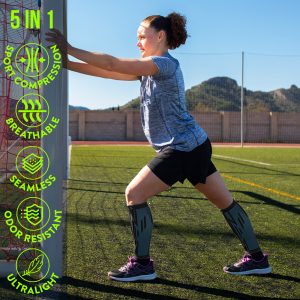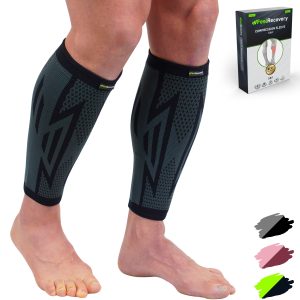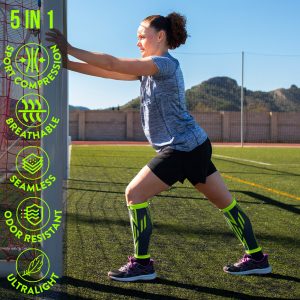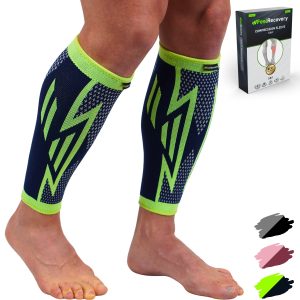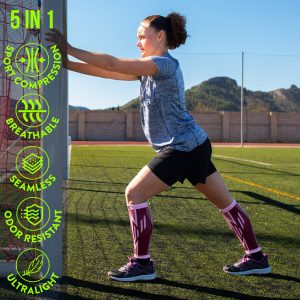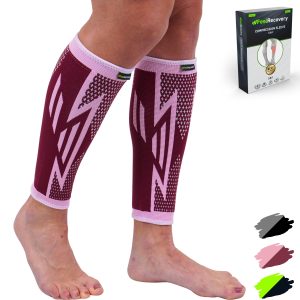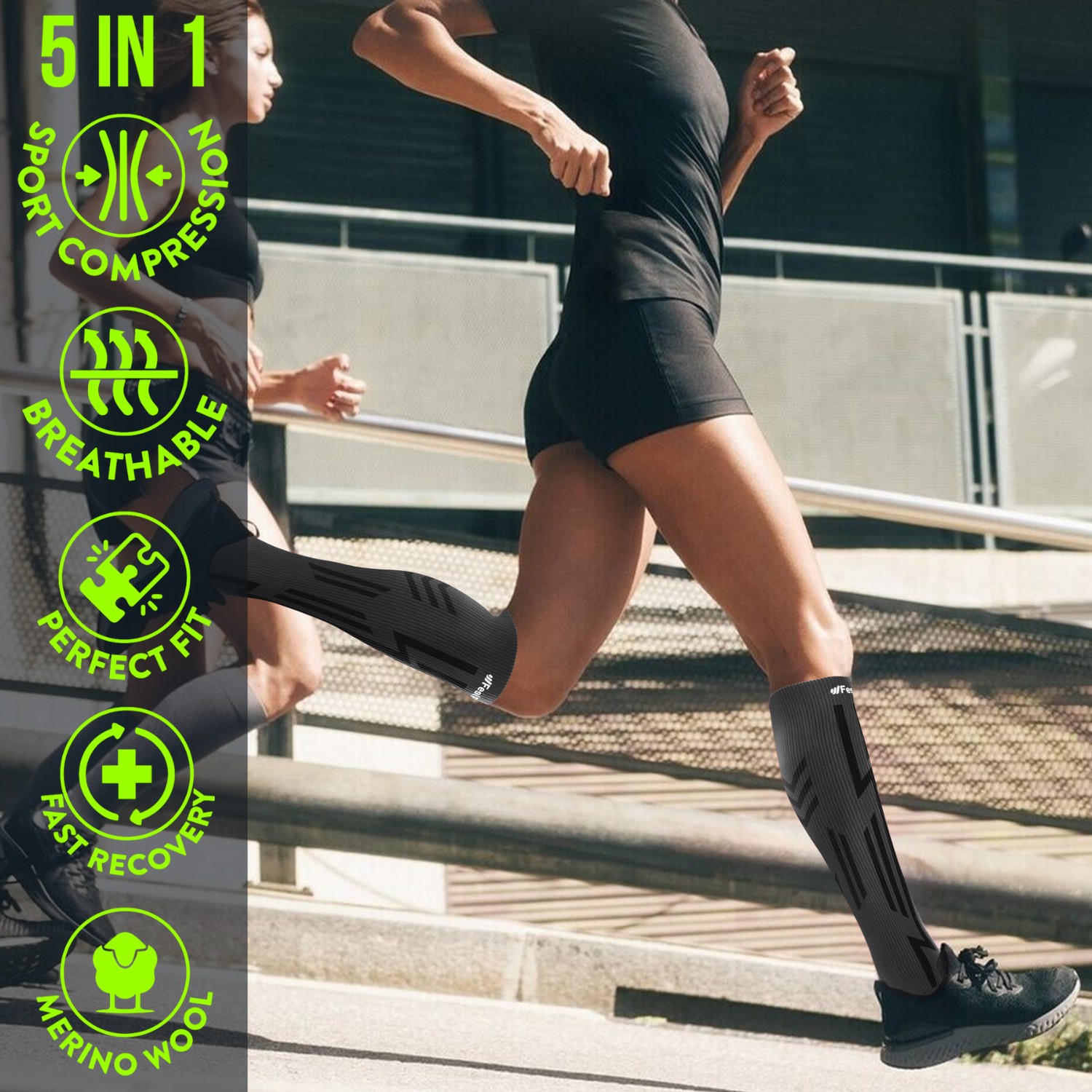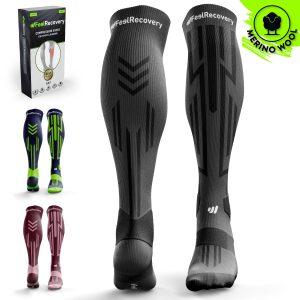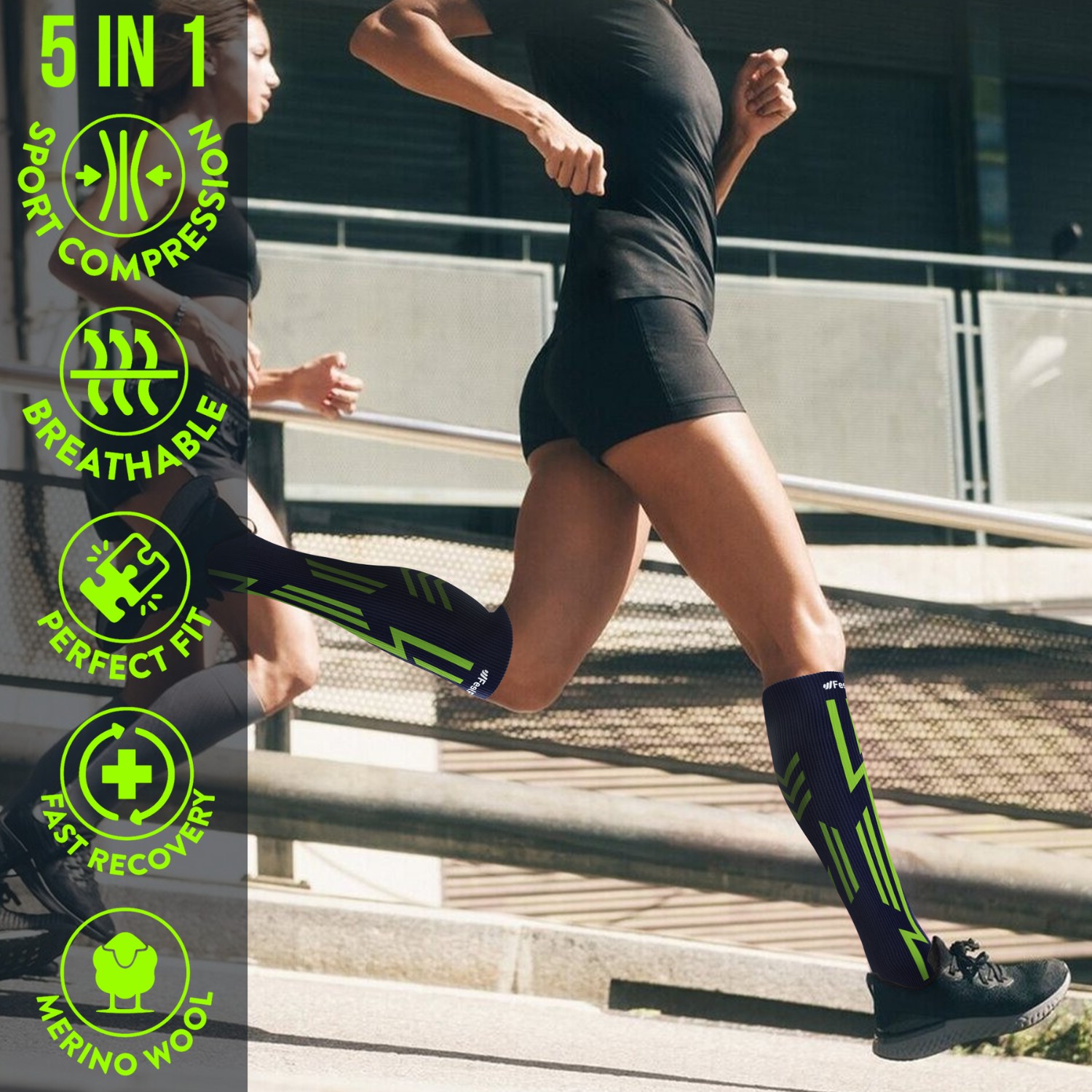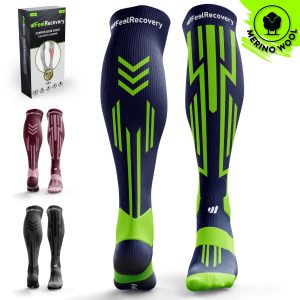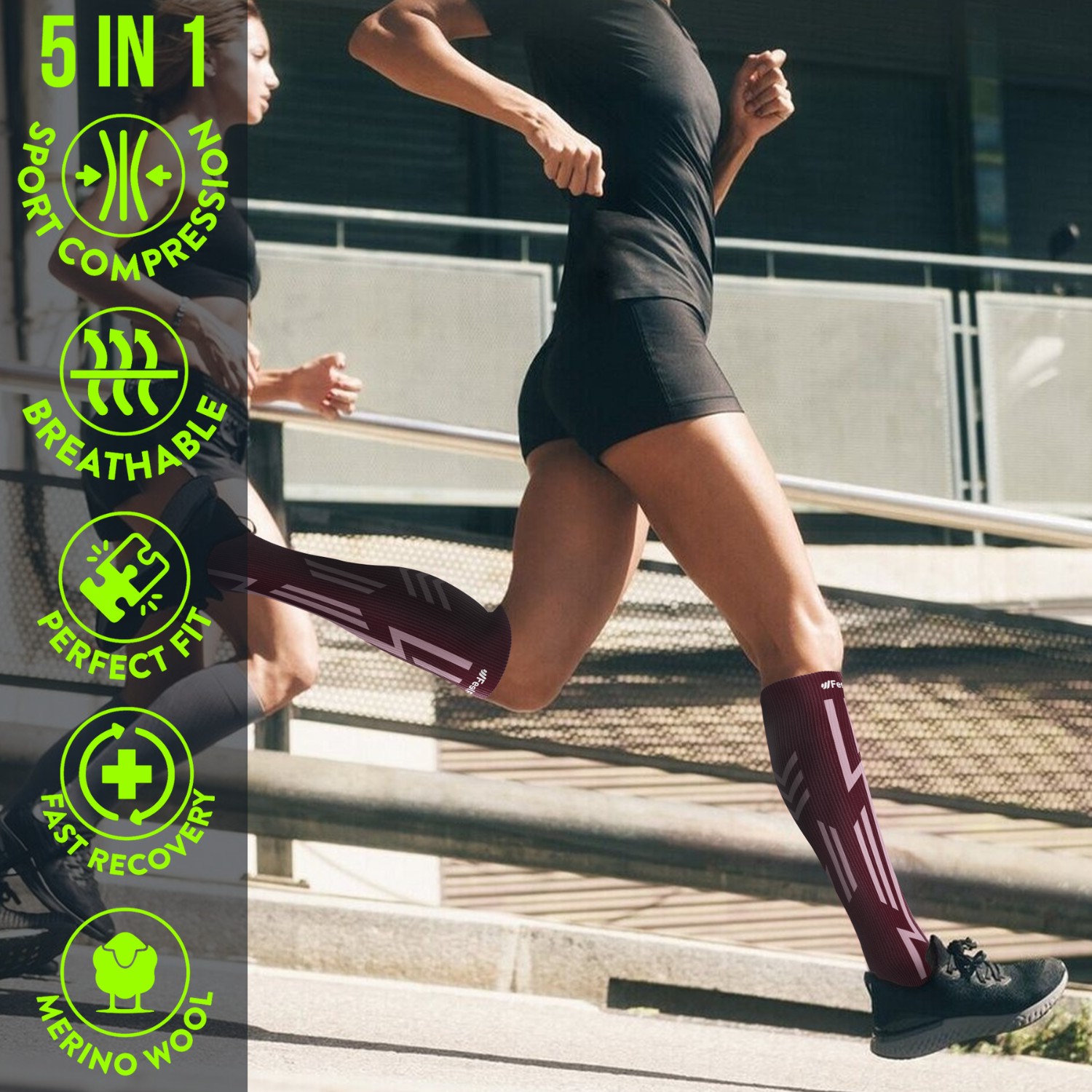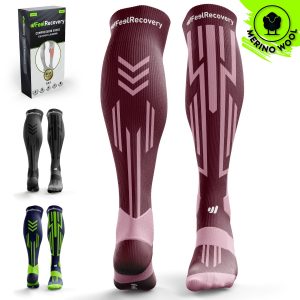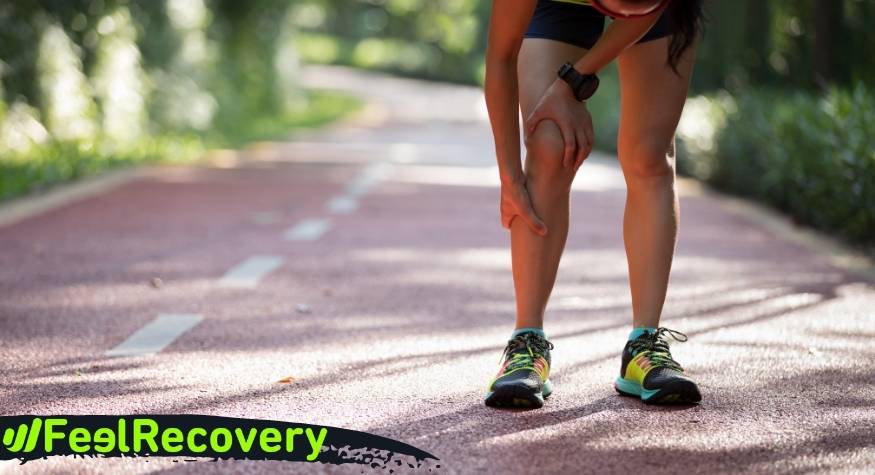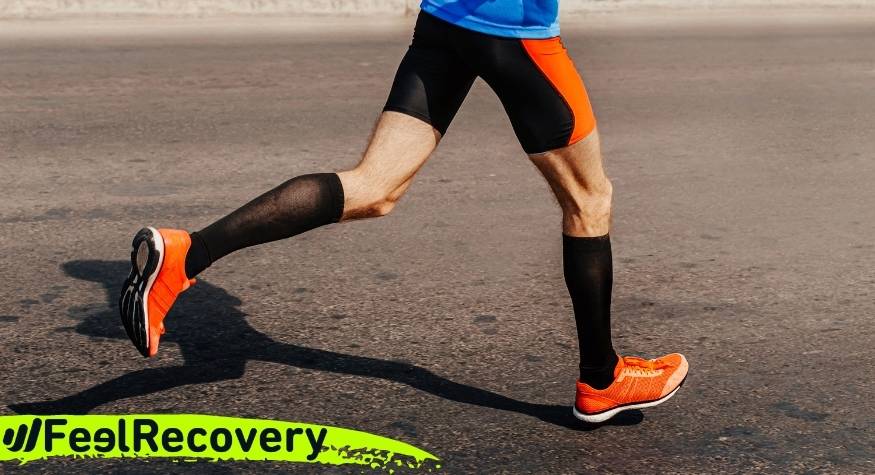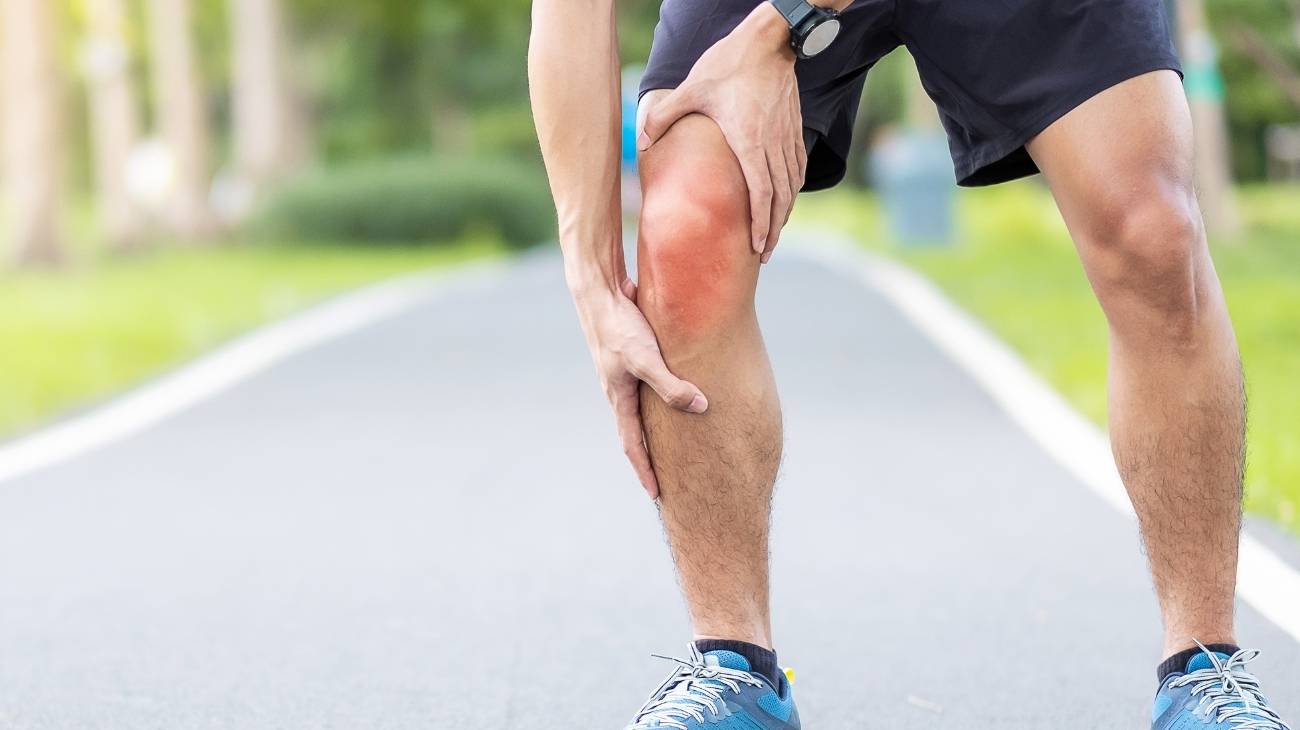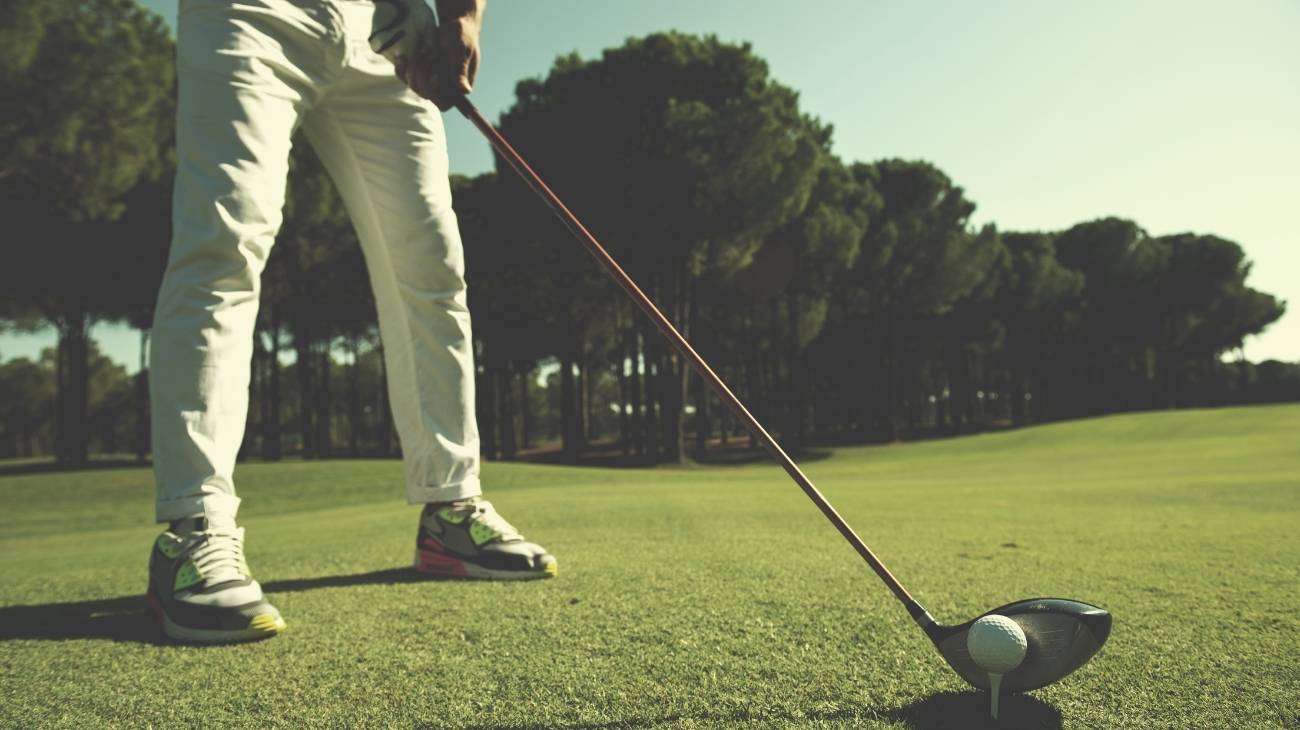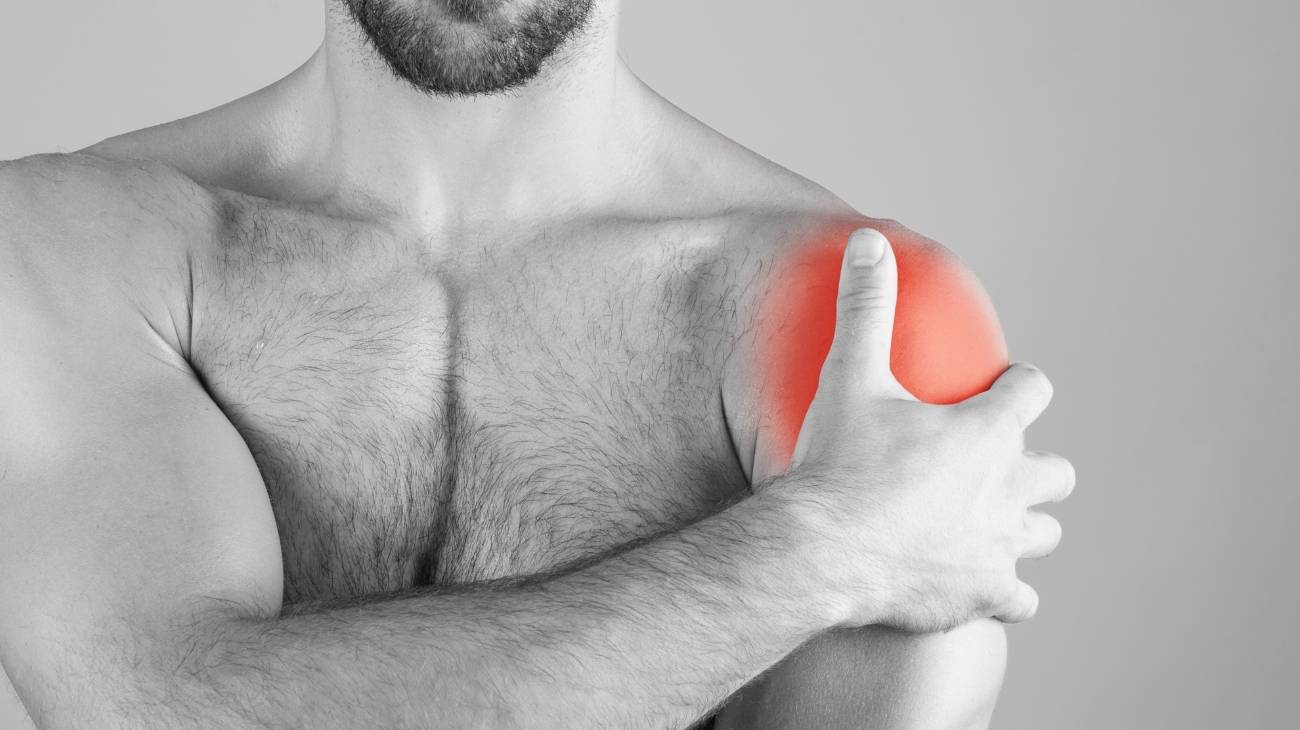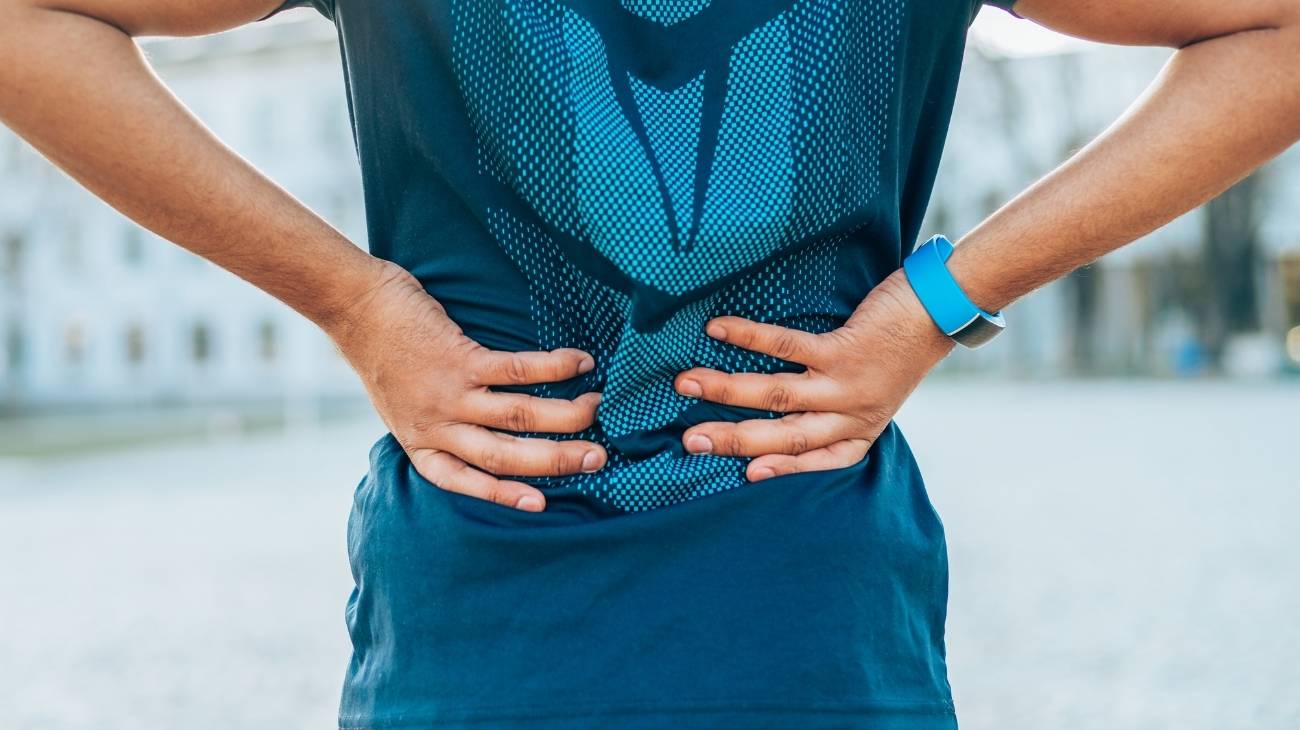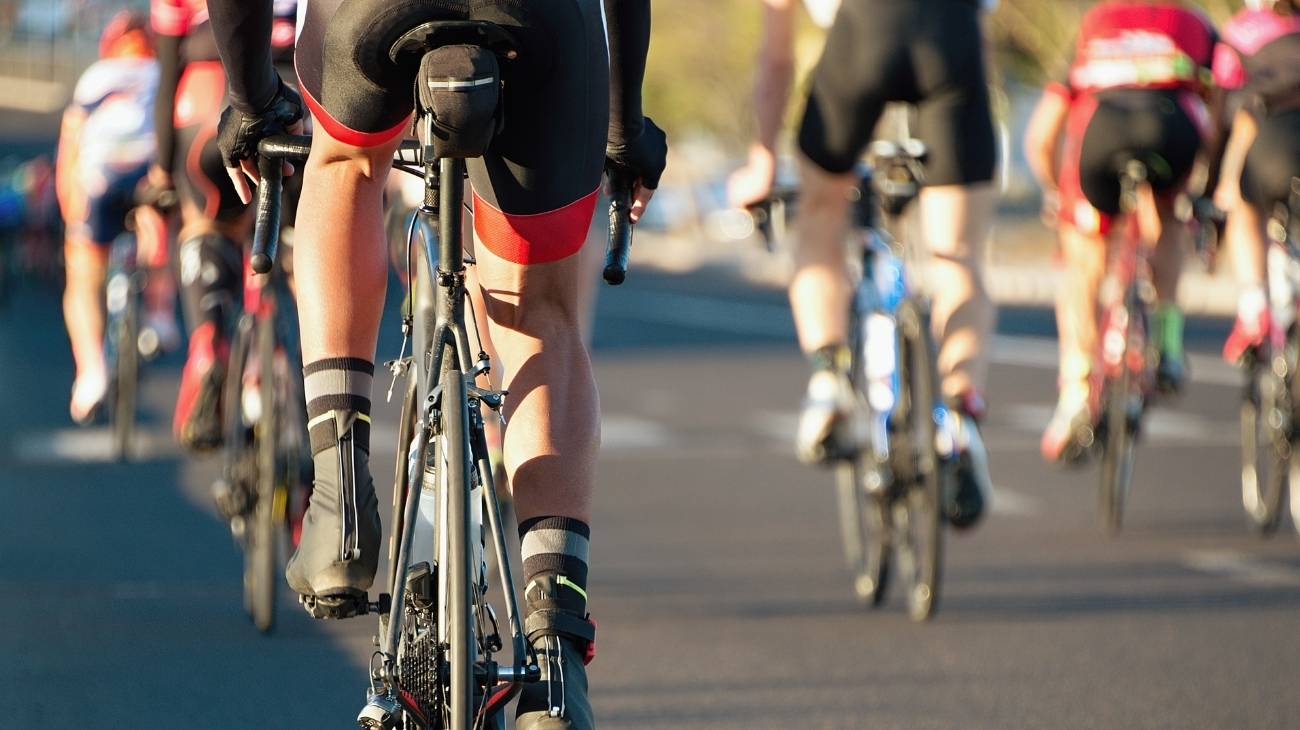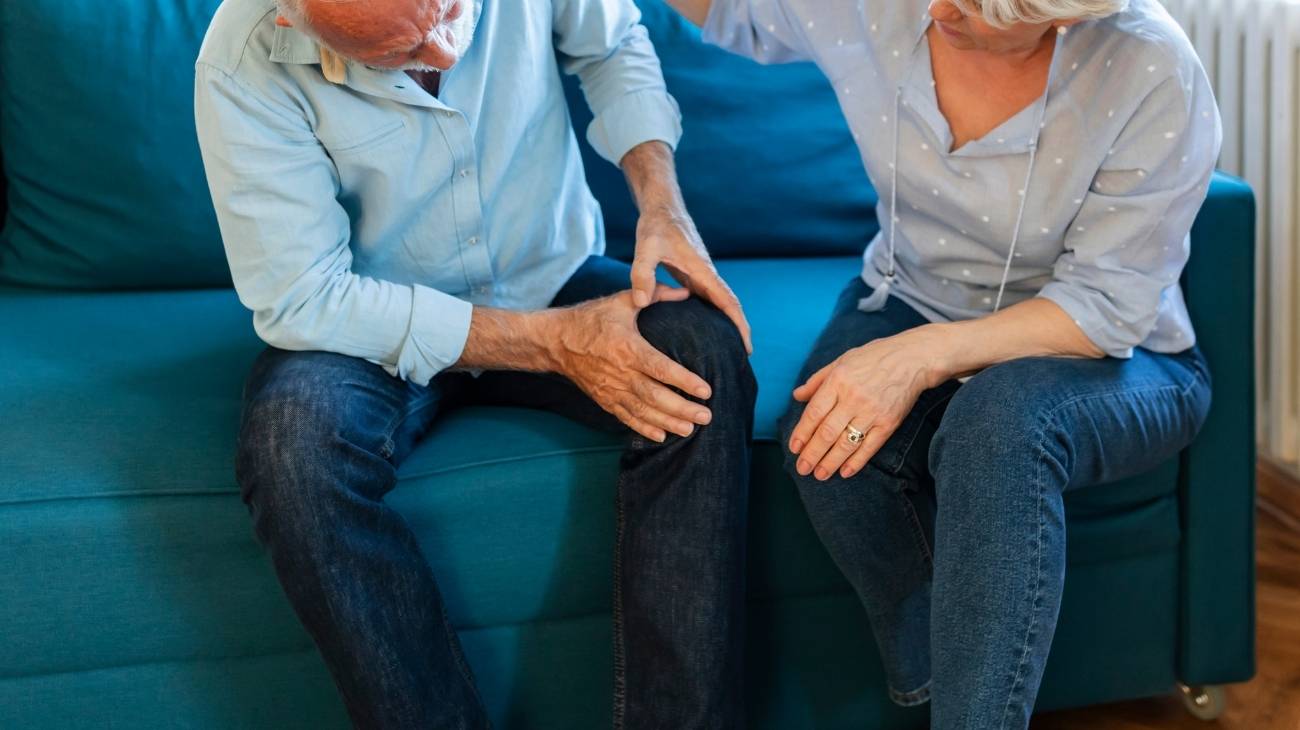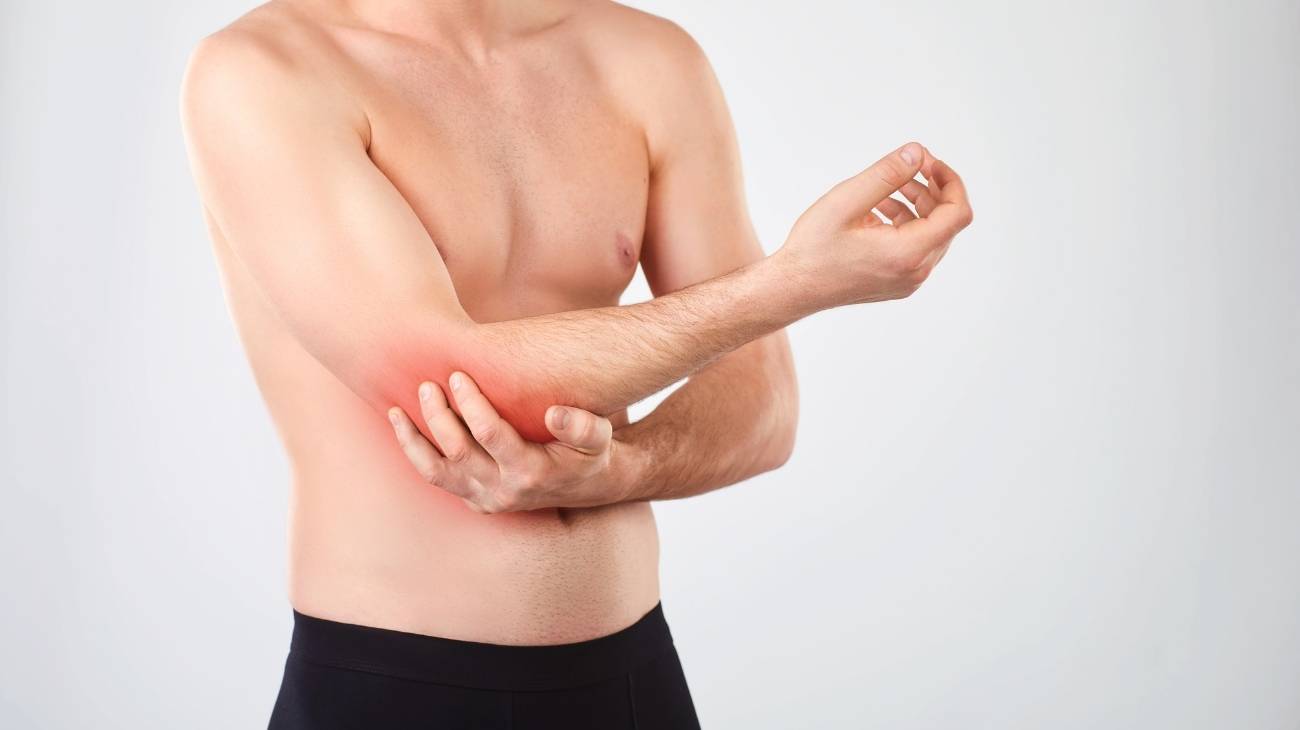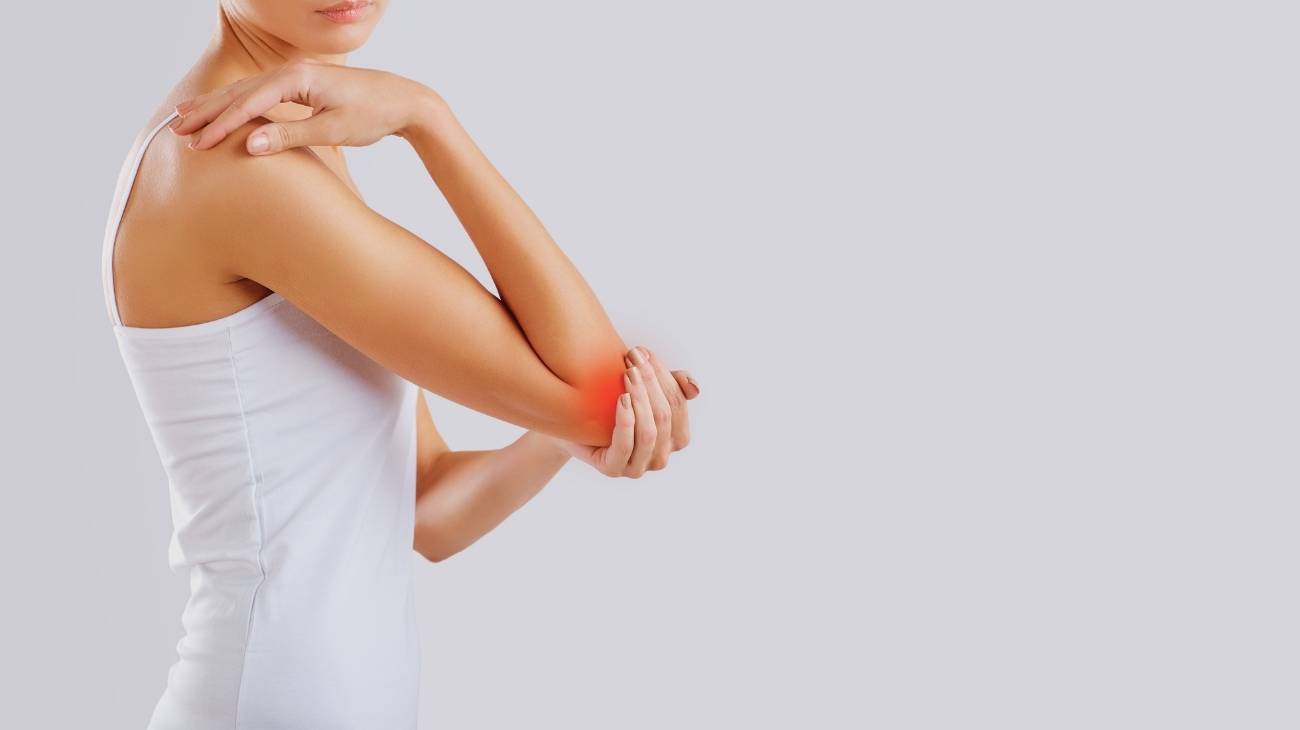Sports compression socks are one of the most widely used garments for treating all types of leg pain and injuries. Also, they help to prevent diseases such as varicose veins and to have an optimal sport performance.
In this article we will explain the characteristics, benefits, types of injuries in which their use is recommended and everything you need to know to improve your sport with compression socks.
In what type of injuries are leg compression sleeves recommended?
Not only for training and physical activities you can use the sports compression socks. Nowadays, these garments are used to prevent and heal many types of injuries and pain in the lower body, which we explain below:
- Muscle contractures and overloads: Contractures are an increase in the tension of a muscle, causing a shortening of its fibres, which alters its normal function. Overloading, on the other hand, is the involuntary contraction of the fibres that make up a muscle. Athletes are very likely to suffer this injury through continuous repetition of exercises, which causes overuse of the muscle.
- Muscle cramps: These are contractions in one or more muscles. They can cause a lot of pain and generally occur in the legs. Most of them occur because of some work or physical exercise, but they are also susceptible to suffering from them: pregnant women, older adults, people who are overweight and more.
- Periods of heavy training: Physical or sports training usually ends with a lot of pain or trauma. With compression stockings you can prevent these because: It reduces inflammation, reduces muscle damage caused by exercise, it increases the temperature of the muscles and skin making you perform much better.
- Varicose veins: These are inflamed veins that accumulate blood in an abnormal way and do not allow it to circulate well. They mostly appear on the feet and legs.
- Blows and contusions: These are injuries produced by some kind of blow, but they do not generate a wound on the surface of the skin. This is very delicate, as it can cause damage to the muscles and even some internal bleeding.
- Muscle Distinction: This is the exaggerated tearing or stretching of a muscle. It can be caused by a muscular overload, bad warming up before training, accidents, among others.
- Tibial periostitis: Is a pain that extends to the tibia (the bone that is in the front and lower leg area). It mostly occurs in athletes who have increased or changed their training routine.
- Lymphedema: It is a pathological accumulation of the lymphatic fluid, which produces a stop in the traffic of the same. In other words, it is a swelling that generally occurs in the legs.
- Plantar fasciitis: It is a very strong pain that is produced when the tendon of the sole of the foot becomes inflamed. It is very common in sportsmen and women who wear many heels.
- Edema: It is a swelling caused by the retention of liquids in the tissues that are outside the circulatory system. It can occur in many parts of the body but mostly this problem is generated in the feet and legs.
- Tendinitis of the Achilles tendon: It is an injury in the back of the ankle. It causes a lot of pain, specifically in the heel bone. It is very common in athletes, but anyone can suffer from it.
Bestseller
-
2 Calf Compression Sleeve (Black/Gray)
£17,50 -
2 Calf Compression Sleeve (Green/Navy)
£17,50 -
2 Calf Compression Sleeve (Pink/Bordeaux)
£17,50 -
Sport Compression Socks (1 Pair) (Black/Gray)
£17,50 -
Sport Compression Socks (1 Pair) (Green/Navy)
£17,50 -
Sport Compression Socks (1 Pair) (Pink/Bordeaux)
£17,50
What are the health benefits of compression sports socks for men and women?
Its main objective is to perform a compression on the leg which leads to many health benefits. Not only does it help to reduce pain and inflammation, but you can also prevent any kind of bruising and much more.
- Improving blood circulation: The main benefit of compression socks and garments in general is the increase in circulation due to the gravity acting on the blood.
- Pain relief: The compression that the socks provide prevents and relieves muscle pain.
- It reduces inflammation: in the affected area of the foot. It is so effective that it is used to treat diseases such as lymphedema.
- It improves recovery: After exercises or training, the stockings facilitate the drainage of toxins, favour intravenous return, reduce muscular pain and inflammation. In this way you will not have the feeling of heaviness in your legs, achieving a faster recovery.
- It avoids injuries: The socks exert pressure on the muscles, which avoids injuries you may have during training or any physical activity.
- Improves blood oxygenation: By having good circulation, you oxygenate the tissues correctly and air consumption is optimised, which improves performance.
- For tired legs: People who spend a lot of time on their feet, have long working days or extensive travelling, feel their legs are very tired. With stockings you will avoid those common pains that are produced by these types of activities.
- Take care of your skin: The protection of the sock is not only reflected inside the skin, but also outside it. While you are practicing sports or simply moving, socks will protect you from rubbing and cutting thanks to the quality and resistance of the material.
- For varicose veins: Avoid dangerous diseases such as varicose veins and oedema.
- Muscle stability: You will be able to train or carry out any other movement with the safety and comfort that socks provide.
What features should you consider before choosing the best leg compression sleeve?
You know all the ailments you can treat with the garment and also its health benefits, you just need to know the types, prices, sizes and a little more to choose the perfect compression stocking for you. Here we explain you some characteristics so you can make the right choice.
Compression level
Compression stockings can be used by any type of person, whether for sports activities, avoiding injuries, treating varicose veins, among others. However, there are light or "standard" compression levels that can be used by the general public but, there are also much higher levels that treat very delicate and risky health conditions such as: lymphedema, chronic venous insufficiency, post-operative treatment, and many more.
The misuse of compression can generate severe contraindications. Therefore, its sale, in general, should only be under medical authorization. The degree of intensity used in the stockings will be explained by means of millimetres of mercury (mmH) and also their respective conditions.
- Light (18 - 24 mmHg): Swelling in the legs, risk of varicose veins, people who spend many hours standing, long journeys, pregnant women, pain in the muscles or joints.
- Normal (22 - 29 mmHg): Prevention or presence of small varicose veins, after surgery, heaviness and fatigue in the legs, varicose veins in pregnancy.
- Heavy (30 - 40 mmHg): Lymphoedema, chronic venous insufficiency, post surgery, oedema.
- Extra strong: (37 - 49): Lymphedema (more serious case than above), chronic venous problems, people with limited mobility, post surgery.
Sock or calf type
There are various designs when choosing the right stocking, so below we will explain two of the most requested by users:
- The type of sock, covers the whole foot and reaches below the knee. Unlike the other socks, their material is warmer, so you can use them in winter and keep them at a suitable temperature. By covering the whole area of the foot, ankle and calf, it achieves with only one garment, to distribute all its benefits and treat injuries or other traumas with them.
- There are also short socks or calves. They range from the top of the ankle to a little below the knee, and do not cover the foot. Many prefer this model for the comfort they claim to feel, they are easier to wear and adapt to all kinds of situations. This is the type of garment used by almost all sports that require constant mobility in this area such as: football, running, basketball, among others.
Both generate the same type of compression and the same injury prevention and other therapeutic benefits. Their most outstanding differences are the model, the area where it is located on the body and the use that is generally given to it.
According to their use
The socks can be classified according to the use we want to give them:
- Sports compression sleeves: From the moment that compression socks stopped being just a therapeutic treatment and expanded to the sports area, it was no longer the same. Just by putting a pair of socks on your legs, you will reduce muscle fatigue, improve blood circulation, have a better performance and even achieve a faster recovery after each training or physical activity. All the benefits in this area have been corroborated by various researches.
- Stockings for varicose veins: This garment has been the solution to this serious and painful condition for many years. The most important objective of the stockings is blood circulation, therefore, as varicose veins are an abnormal accumulation of blood, it creates the ideal treatment to combat it. It can be used at any level. To prevent, reduce or already at its peak as it is, chronic venous insufficiency. It is the piece most recommended by all specialists as it is the best solution to these diseases.
- Post-operative compression socks: It is generally known how important rest is for the recovery process after any surgery, so that the injury can be cured and that there are no other complications. Compression stockings are the best way to obtain a rapid improvement. It is the most recommended to treat this type of rehabilitation, because it provides stability, compression, good temperature, decreases pain and improves circulation.
- Overweight compression socks: It is the excessive accumulation of muscle mass, this metabolic disorder is much more regular in industrialized countries. People with obesity are much more likely to suffer from venous insufficiency. Therefore, the garment is a very feasible option to prevent or recover from this dangerous and harmful condition. The market in general does not have many choices of clothing for large size users.
Compression garments are quite the opposite, not only are there large models, but there are also designs just for this area. Colours, materials, shapes, everything you need to improve your health no matter what the conditions.
Material
This point is of utmost importance because the material you decide to buy will define the results and good experience with the use of the garment.
- The first recommendation is not to buy cotton, they accumulate sweat and do not sweat. So their use is not only uncomfortable, they will also not quickly and completely make the expected effects.
- It is best to buy socks made of elastane or synthetic materials such as nylon, because they absorb moisture, are breathable, resistant and easy to wear. Spandex, for example, has so much elasticity that you can stretch it as much as you want without affecting its natural state.
- Seamless socks. The purpose of this garment is to improve your health or sporting performance, without having to be a nuisance to you. So, when you put pressure on your leg and feel a seam, it could cause chafing, irritation and other causes in the skin.
Size
This step is very essential. Choosing the right size will be relevant for the sock to realize the goals in your legs. A very small size can obstruct blood circulation, and a very large size will simply have no effect.
However, there are some standards to guide you in making the right choice. First, define what type of stocking you'll need, whether it's a calf or sock type. If it's the first one, you only need to measure the perimeter of your twins with a symmetrical tape. If it's the second option, you'll have to use the same measuring instrument but to know the size of your instep.
Design
The market for this garment has expanded in such a way that today we find an infinite number of completely different designs, colours and models. The stockings work with elastocompression, to put pressure on the legs and fulfil their function of transporting the blood to the heart.
- The material and colours have been one of the most striking points of this garment, because its great variety allows it to be worn by any type of person in all kinds of situations.
- You don't need to exercise, practice a discipline or have any kind of medical condition, its use is also possible to go to work or to make long trips and not to wear out your legs.
- You can use it under or over your clothes. There are some unisex and also with colours similar to your skin colour, so they can go unnoticed.
- They are also available with or without seams. There is a lot of debate about this issue as sewing can be uncomfortable for many people and they simply prefer not to wear them anymore, having a bad experience with socks. This type of design is usually much cheaper than the rest and, thinking they are saving money, you are actually doing the opposite.
- You can see the use of socks in different sportsmen all over the world, even professional footballers, for sure they will not use an uncomfortable garment to play. So keep in mind, that their best designs, will not always be the cheapest.
Price
Throughout the article it has been explained that, depending on the design and material of the garment, the price could be defined. This is due to the quality of the product, it is not the same as a cotton stocking with seams, which possibly will not meet your expectations and are usually cheaper; to a garment with the best transpiration, compression and fabric that adheres to the body, as are the compression sports stockings that you can buy here.
When and how to use leg compression sleeves and socks to improve your sport?
For several decades now, they have been conducting studies on performance and endurance in various sporting disciplines. The results are positive. They concluded that this is due to an increase in the speed of blood flow, reduction of blood lactate and hematocrit. Therefore, compression sleeves have become a very important piece in training, games or competitions such as: Rugby, cycling, basketball, football, handball, running, among others.
If you practice any sport or do any physical activity, the use of this garment will be indispensable if you want to improve in the area you are training. Not only will you create more resistance, but you will also be able to prevent or recover from injuries that are so common.
How do I put on my compression socks?
If you have already bought the compression garment and don't know how to put it on your legs, here we will explain you how.
- Roll it up and turn it over with your hand, except for the tip.
- Put your foot in the stocking and pull it little by little, running it all the way down to your calf.
- Be sure to place the heel where indicated on the sock.
- The last thing you should do is to smooth out any wrinkles it may have.

